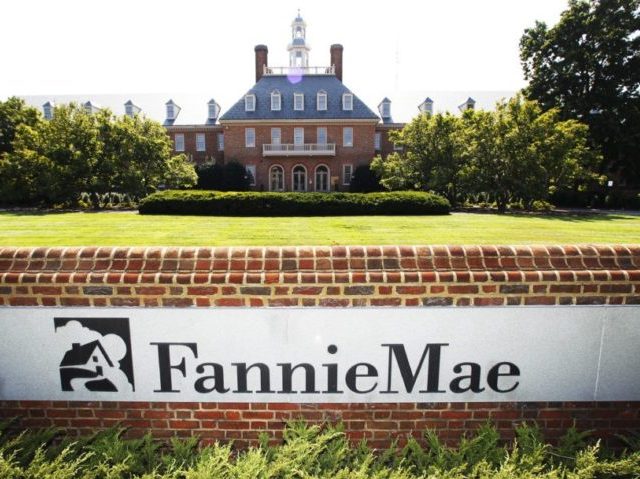Perry Capital, a once high-flying hedge fund that last year began liquidating its investments, asked the Supreme Court Monday to revive its largely failed attempt to pry the profits of Fannie Mae and Freddie Mac from the coffers of the U.S. Treasury.
The move sets the stage of a showdown over the federal government’s authority over the mortgage finance giants, which have been wards of the state since they were seized amid the burgeoning financial crisis in 2008.
In February, a federal appeals court in Washington, D.C. refused to overturn a judge’s ruling that said Perry Capital and other investors in the two companies could not sue the government over the government’s claim to all of the profits generated by Fannie and Freddie. Ever since a 2012 change to their bailout agreements, both companies have been required to turn over nearly all of their profits to the Treasury, an arrangement known as the “net worth sweep.”
The appeals court said that although most of the claims made by investors were rightly dismissed, certain contract-based claims could be valid. Those claims will likely be heard by U.S. District Judge Royce Lamberth, who first threw out the investor lawsuit in 2014.
Perry Capital and Bruce Berkowitz’s Fairholme Funds are significant owners of Fannie and Freddie’s preferred shares. Bill Ackman’s Pershing Square Capital Management is the largest owner of Fannie and Freddie’s common equity. John Paulson’s hedge fund is also an investor in Fannie and Freddie. Perry and Fairholme are among the investors who have sued in several federal courts to overturn the profit sweep, efforts that have so far failed.
In its petition asking the Supreme Court to hear its case, Perry Capital argues that the government has a duty to “preserve and conserve” the companies, and that collecting all of their profits is contrary to its role as their conservator. That argument has been rejected by every federal court that has ruled on it.
Fannie and Freddie were bailed out with $187 billion in taxpayer funds and a still existing promise to inject hundreds of billions more if needed, providing all of the capital that has enabled the companies to survive. Although their common and preferred shares survived the bailout, no private shareholder has invested new capital in the companies or taken part in their restoration to relative health. The government has argued that since taxpayers bore all of the cost and all of the risk of reviving Fannie and Freddie, their profits properly belong to taxpayers as well.
Perry Capital was one of the largest hedge funds in the U.S. when it purchased its shares of Fannie and Freddie. In September of last year, founder Richard Perry told investors he was winding down his flagship fund after 18 years, saying his investment style no longer worked.

COMMENTS
Please let us know if you're having issues with commenting.